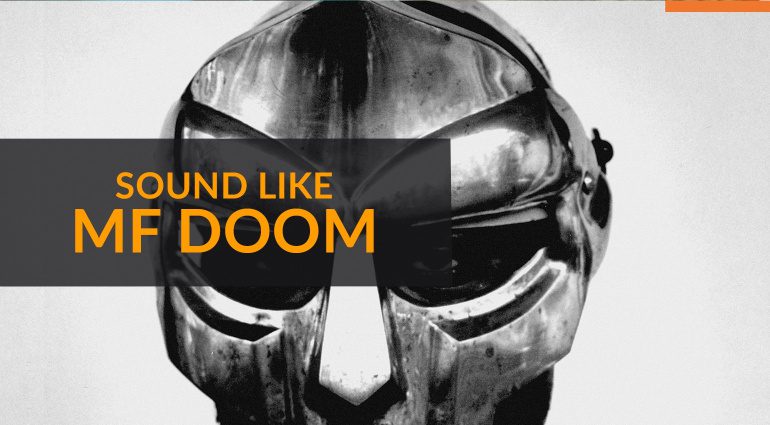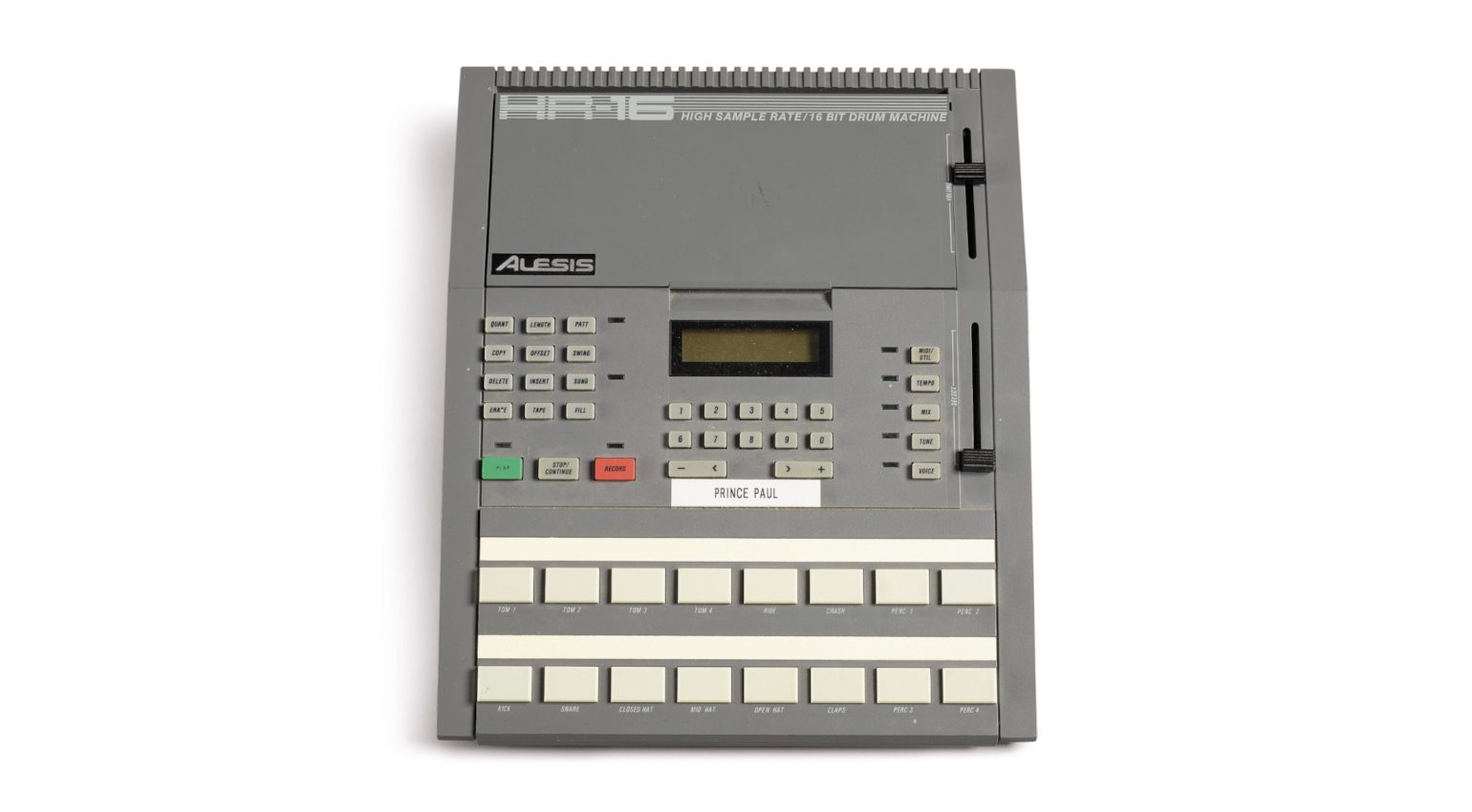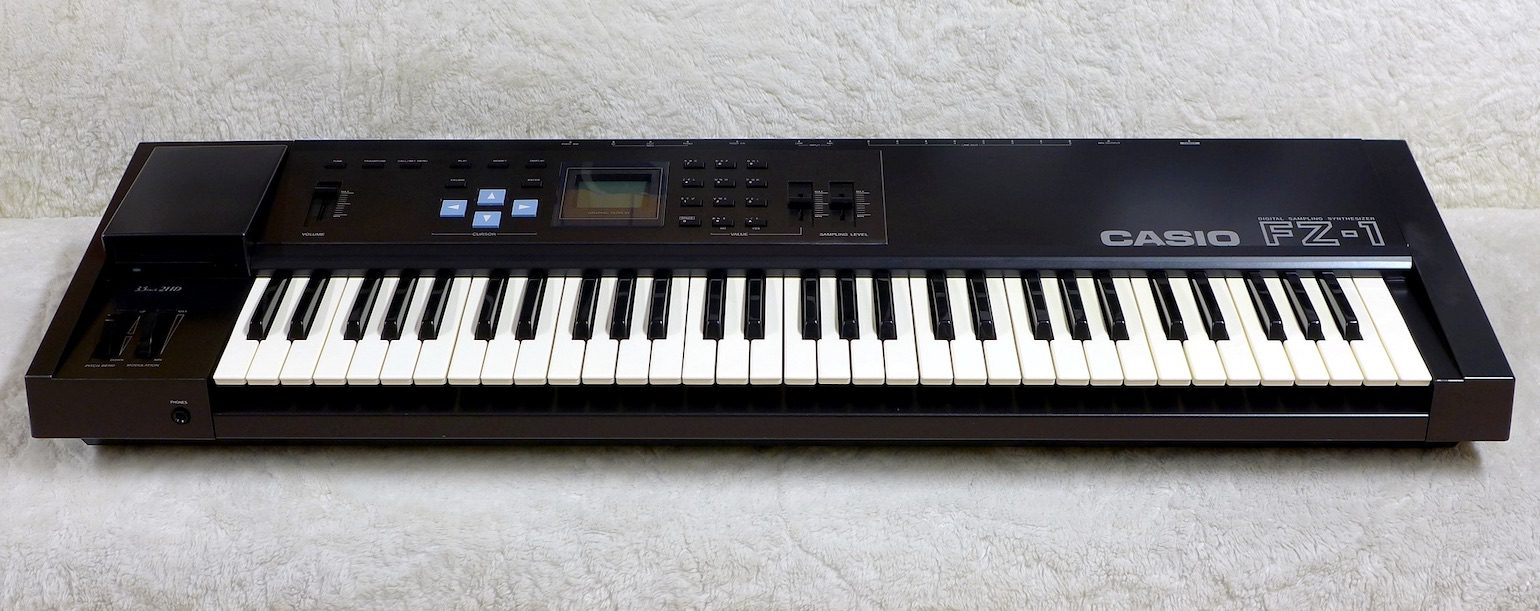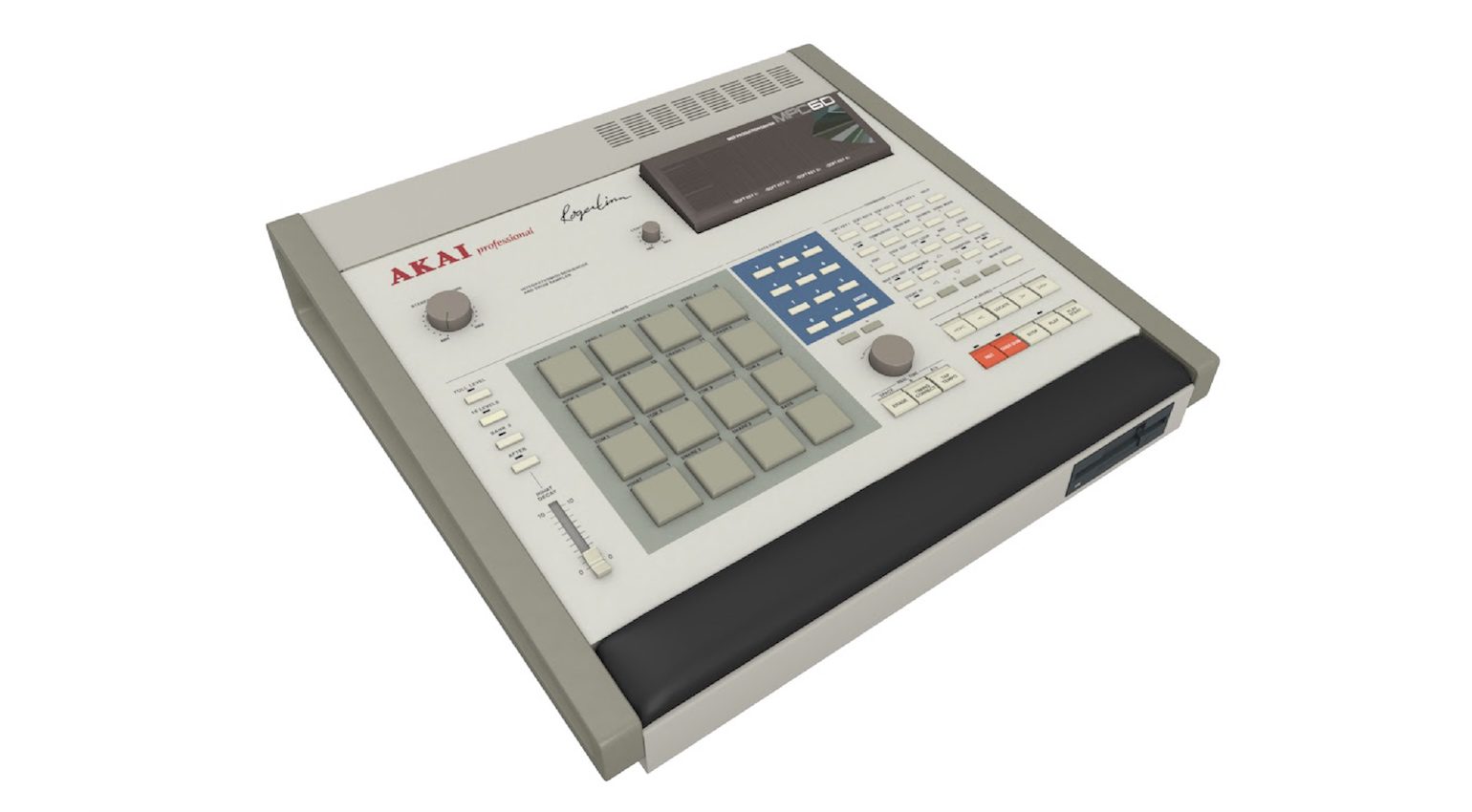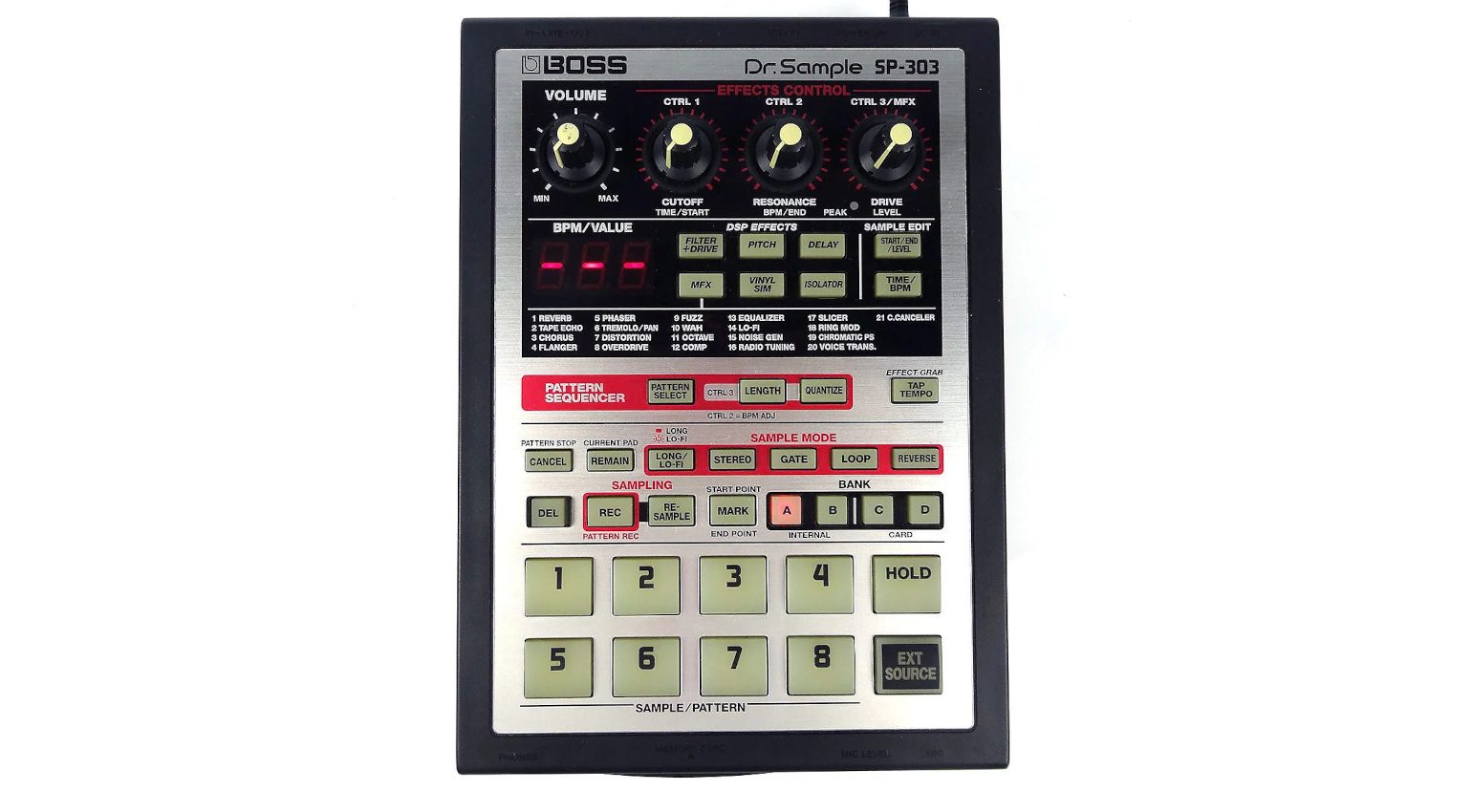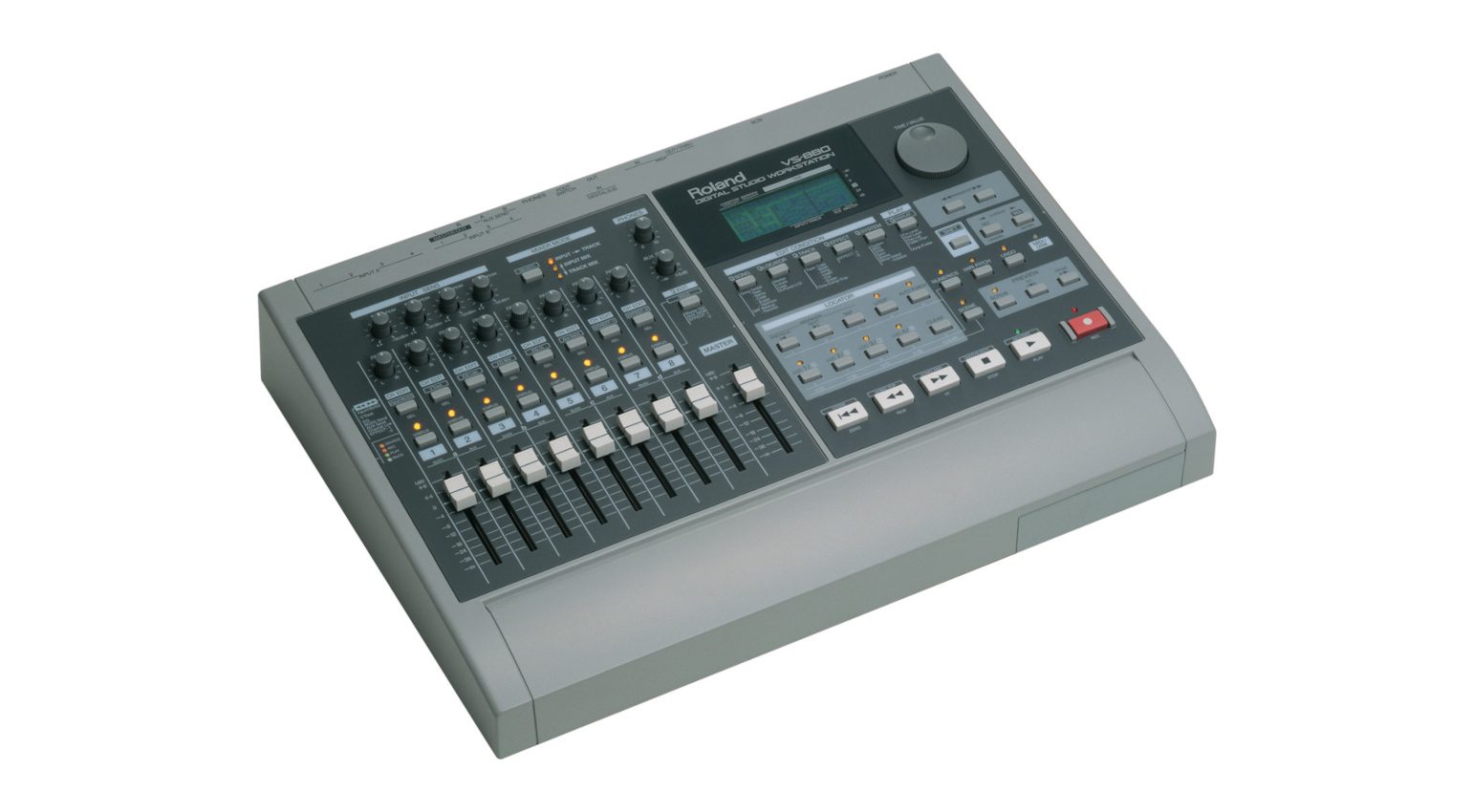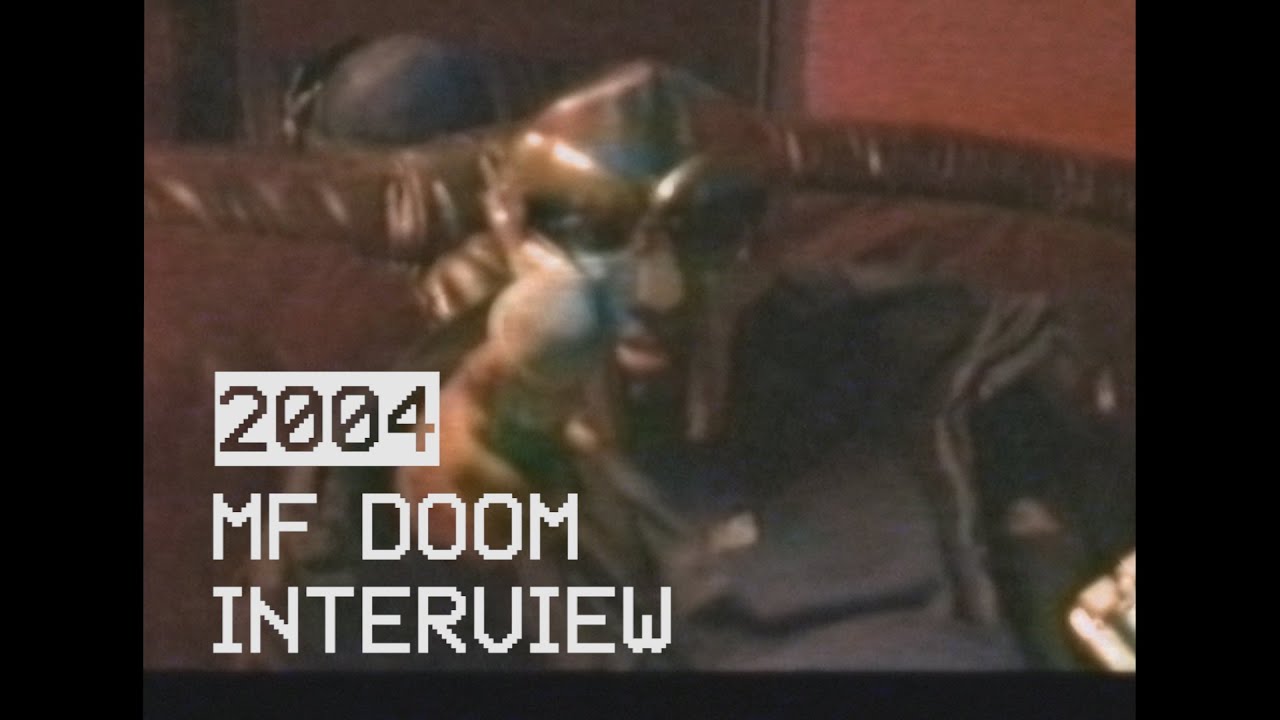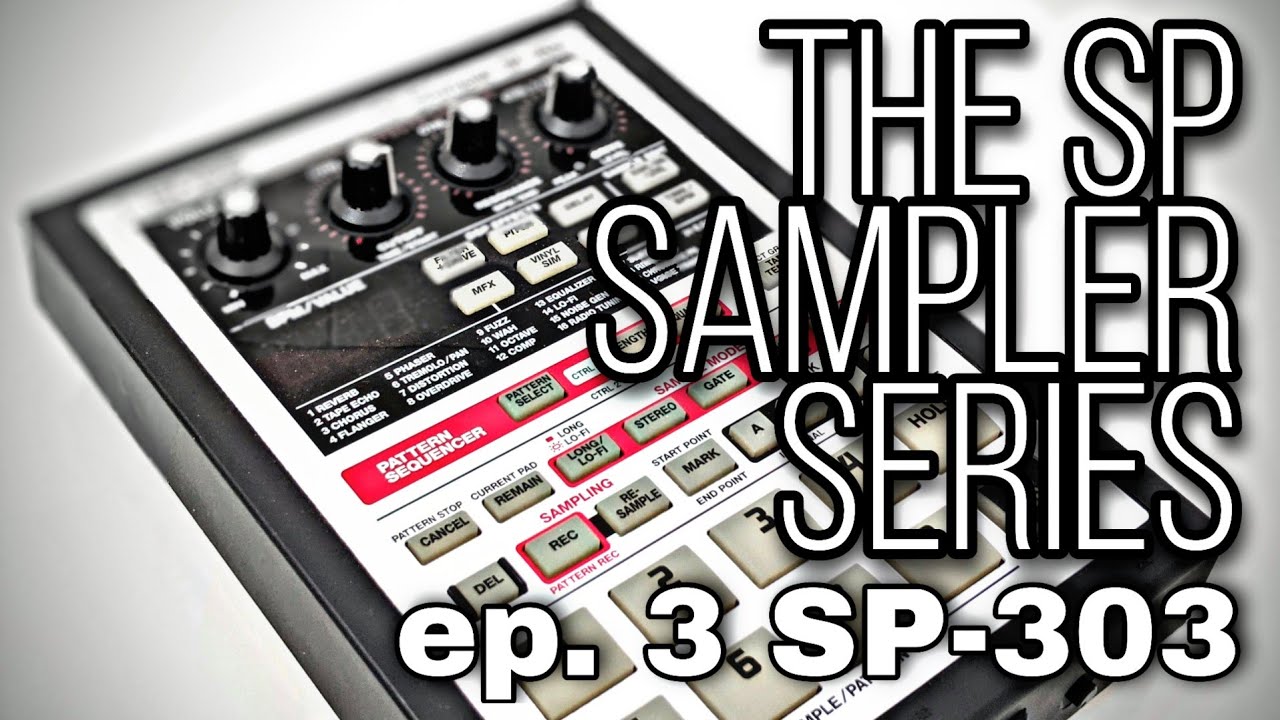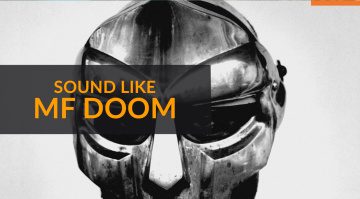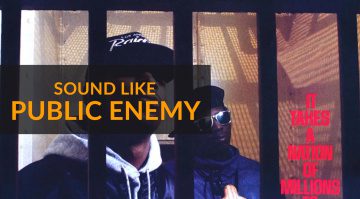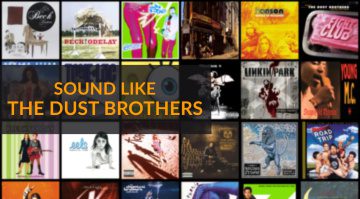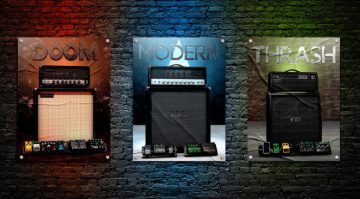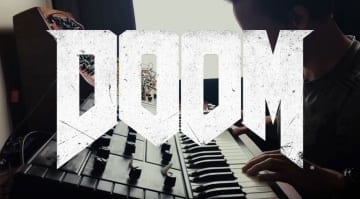Playing the Villain: How to Sound like MF Doom
A mystical figure from the backpack era of Hip-Hop, MF Doom cast a shadow that can still be felt today. We find out more about his process and some of the gear that inspired it.
Although he was born in London, MF Doom aka Dumile Daniel Thompson grew up in Long Island, NY. He began his assimilation into Hip-Hip culture in the late-1980s with the KMD crew, but after the loss of his brother Dingilizwe, he took a break from the scene.
He re-emerged with a different sensibility and artistic vision in the late 1990s, creating a stage persona inspired by the masked Marvel character, Doctor Doom.
The MF Doom Sound
In the years that followed, MF Doom cemented himself into the Hip-Hop history books with his uniquely abstract approach to both wordplay and beat craft that sets him apart from any artist regardless of their musical style.
Doom released his debut full-length LP, Operation: Doomsday in 1999 and followed it up with a series of instrumentals releases called Special Herbs in 2001 under his production alias, Metal Fingers.
His music contrasted starkly compared to what was available at the time, but it was his collaboration with the Westcoast abstract Hip-Hop artist Madlib that would garner international recognition.
Madvillany (2003) is still recognized today as a masterpiece by every music critic or media platform you’ll come across.
Alesis HR-16
Also referred to as the budget Linndrum, the Alesis HR-16 provided a platform for many Hip-Hop producers who were yet to get their claws into more involved sampling workstations, Doom included.
The standard drum sounds in the HR-16 still rock to this day and the ability to change the pitch and tune each drum sound to better fit the other elements in the track made it an interesting instrument for the price.
Although modeled more on the TR-808 than the Linndrum, the KORG Volca Drum has a useful set of parameters for doing similar alterations to the drum sounds, which is great for the price.
- More about Alesis

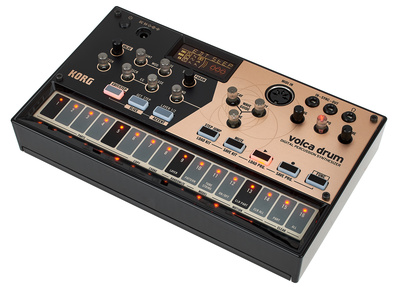
Casio FZ-1
The FZ-1 keyboard and FZ-10M rack samplers were incredibly innovative instruments for their time (1987), providing users with extensive synthesis features that were only available in far more high-end digital instruments.
MF-Doom mentions the FZ series samplers as one of the first sampling instruments he used, with its 8-voice polyphony and 16-bit digital engine with variable sample rate. With its memory expanded, you got up to 2 minutes of sample time, which is perfect.
With a combination of sampling, synthesis, and groove sequencing features, the 1010music blackbox is a great tool for creating sample-based music.
- More about Casio

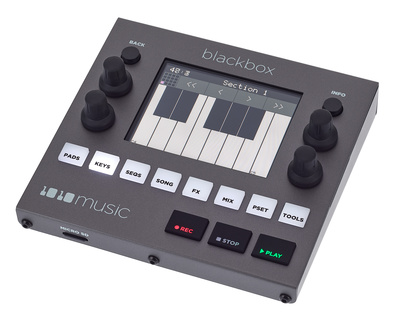
AKAI MPC60
Early on in his career, Doom used the MPC-60 to sequence his tracks and, having adopted a policy of moving on to new gear once he’d mastered an instrument, he went on to use variants of the MPC-2000, MPC-3000, and MPC-1000 samplers.
Although it’s renowned for its punchy sound, especially when dealing with drum samples, the MPC is also preferred by producers because of the character it adds when you introduce shuffle to a particular sequence.
Whether you’re a fan of the more modern AKAI machines or not, you can’t deny their versatility, and the MPC Live II certainly provides value for the price.
- More about AKAI

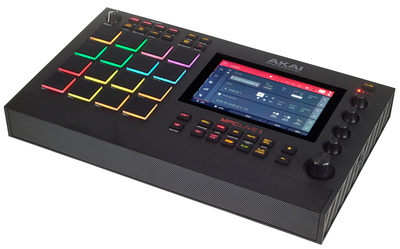
BOSS SP-303
After developing his sound and being exposed to some key figures in the music scene, artists like J. Dilla and Madlib influenced Doom in what would later become an affinity for the BOSS SP-303.
Introduced in 2001, the SP-303 allowed you to trigger up to 8 mono samples and then create songs from the loops and phrases you built. What’s more the selection of 26 effects provided plenty of colour to the palette of any artist.
The now iconic SP range has grown up since then, with the SP-404 MKII providing an almost unfathomable level of versatility in a compact and affordable instrument.
- More about BOSS

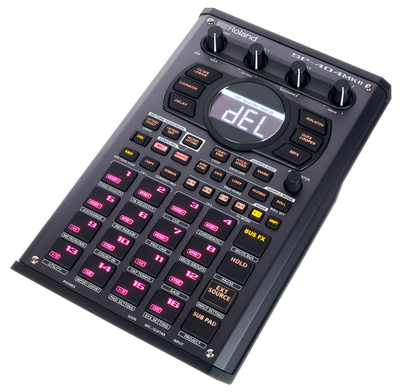
Roland VS-880
When it came to tracking the vocals on Madvillainy (2003), things were kept intentionally lo-fi, recording straight into a VS-880 digital multitrack recorder with an Audio Technica AT4033.
Any sibilance, plosives, or artifacts were then removed using the iZotope RX-7 software. This allowed the preservation of the laidback approach to Doom’s vocals on the album.
If you’re keen on the Dawless approach to recording, the Tascam DP-24 provides a great selection of recording and mixing effects and useful features like 8 alternate take slots per track.
- More about Roland

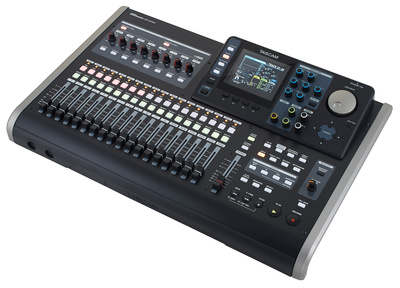
Which of your favourite artists would you like to see in our Sound-Alike series? Please let us know in the comments below!
More about MF Doom:
Videos:
*This post contains affiliate links and/or widgets. When you buy a product via our affiliate partner, we receive a small commission that helps support what we do. Don’t worry, you pay the same price. Thanks for your support!
- Prince Paul's HR-16: Sotheby's
- Casio FZ-1: Wikipedia
- AKAI MPC 60: Google
- Boss SP-303: BOSS
- Roland VS-880: Roland
 1,9 / 5,0 |
1,9 / 5,0 | 